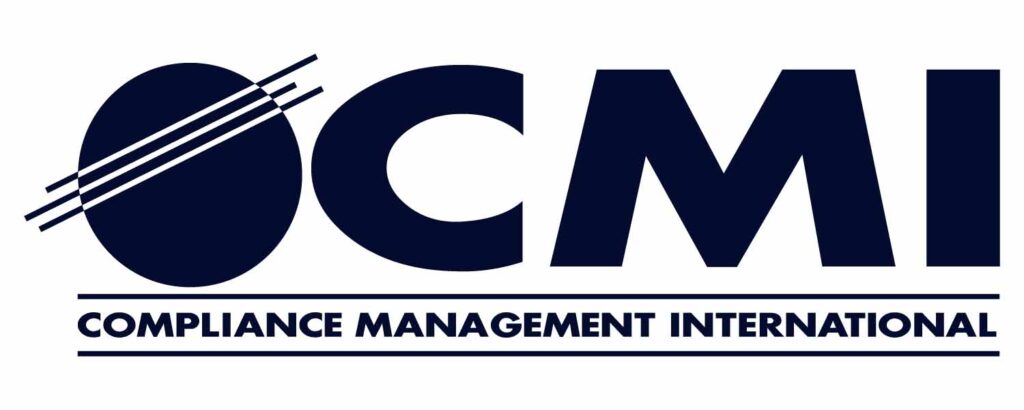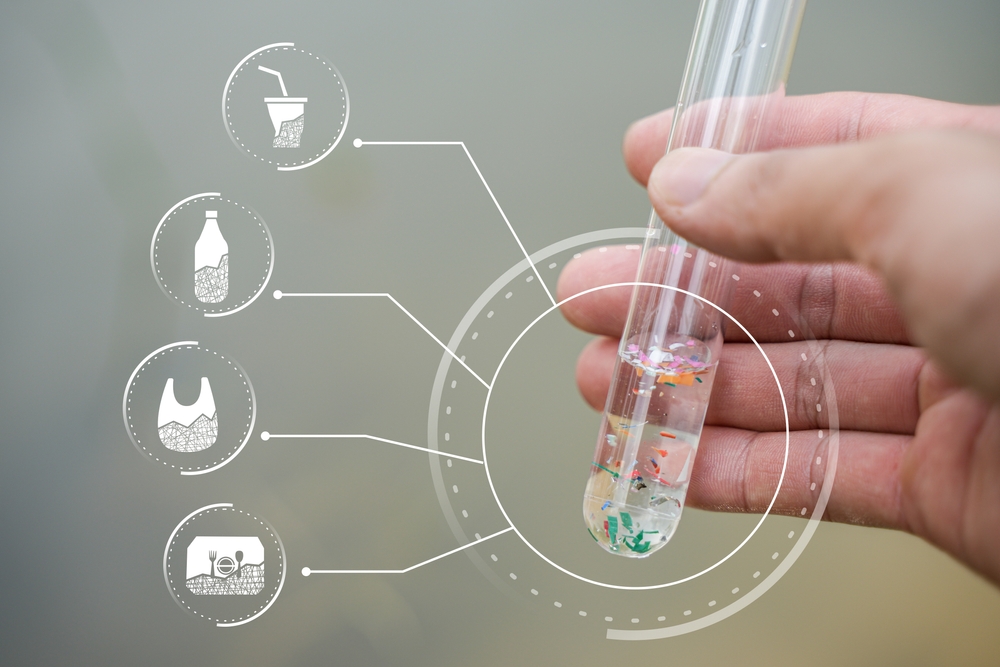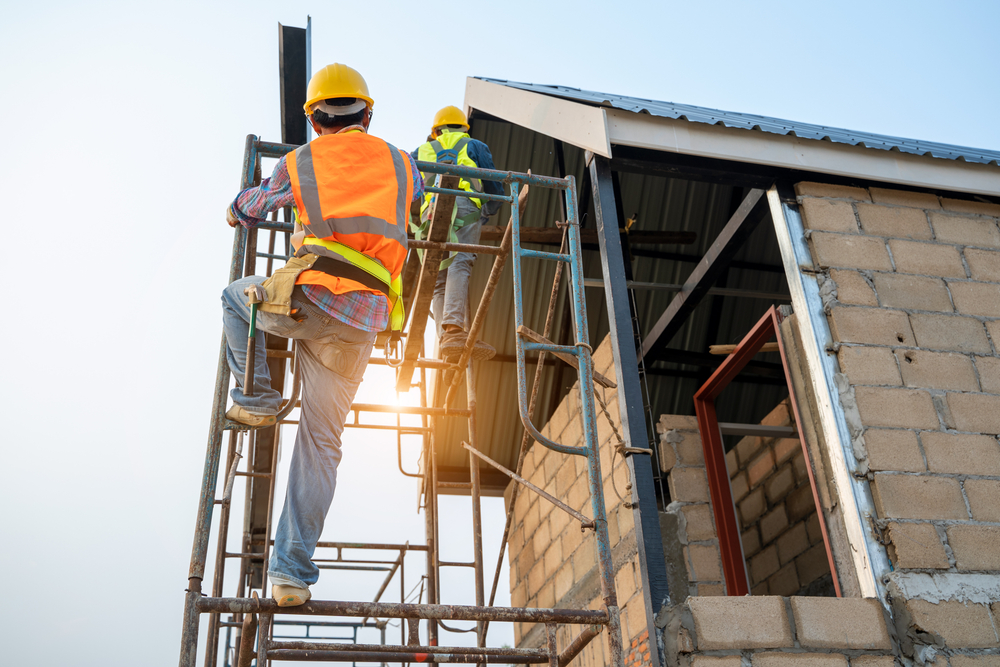The construction industry, a cornerstone of our modern infrastructure, is facing a silent and devastating crisis. Recent statistics reveal an alarming rate of suicide among its workers, emphasizing the urgent need for comprehensive mental health initiatives.
The Stark Reality: By the Numbers
- In 2020, the CDC highlighted that men in the construction sector experience a suicide rate approximately four times higher than the general population.
- The suicide rate for men in construction and extraction roles was 49.4 per 100,000 in 2016. This was nearly double that of civilian working men (aged 16-64) across 32 states.
- The industry as a whole recorded a suicide rate of 45.3 per 100,000 male workers.
- With figures reaching as high as 53.3 suicides per 100,000 workers in different reports, construction consistently ranks among industries with the highest suicide rates.
Mental Health: A Collective Responsibility
Mental health is not just an individual concern; it’s a collective one and one that can impact others aspects of providing a safe workplace for you employees. A supportive work environment can be a lifeline for those struggling silently. By fostering open conversations and destigmatizing mental health, we can create a safer space for everyone.
- Regular Mental Health Check-ins: Encourage managers and supervisors to have regular check-ins with their teams, focusing on their well-being.
- Training Programs: Equip staff with the skills to recognize signs of distress in their colleagues and provide guidance on how to approach and support them.
- Accessible Counseling Services: Offer free or subsidized counseling services for employees.
- Promote Work-Life Balance: Ensure that workers have adequate time off and breaks to reduce stress and burnout.
- Awareness Campaigns: Regularly share resources and information about mental health, emphasizing that seeking help is a sign of strength, not weakness.
CMI’s Commitment to Change
CMI is dedicated to addressing this crisis head-on. Through specialized training programs and awareness campaigns, we help to provide our clients with the tools to identify early signs of distress and provide timely intervention. We are committed to paving the way for a safer, more supportive work environment for all.
These figures are not just numbers; they represent lives lost, families devastated, and communities impacted. It’s time to prioritize mental well-being in the construction industry. Let’s join hands to make a difference.
For more insights, resources, and support on this topic, consider subscribing to our newsletter on LinkedIn.
Written by Nicholas Whitehouse



